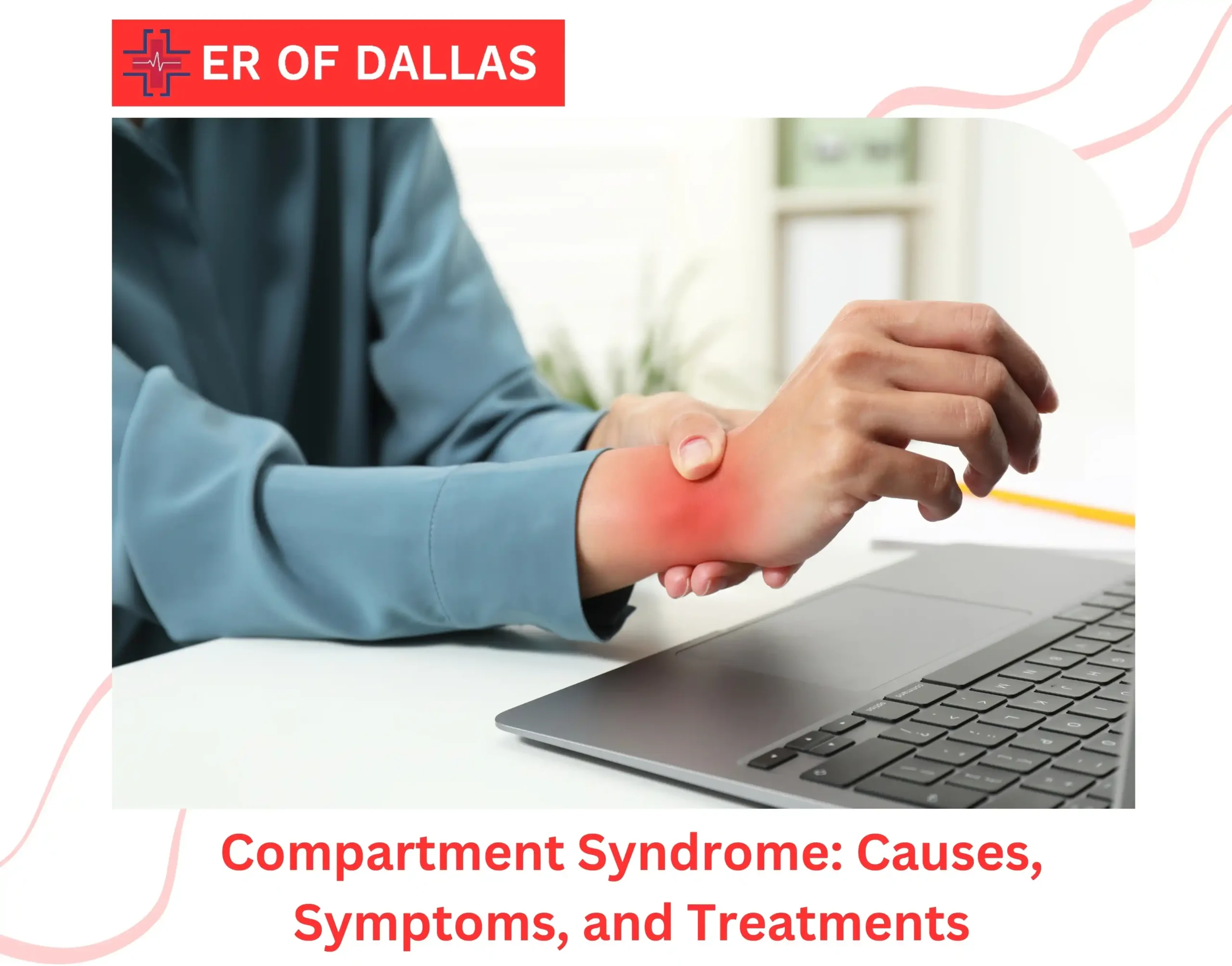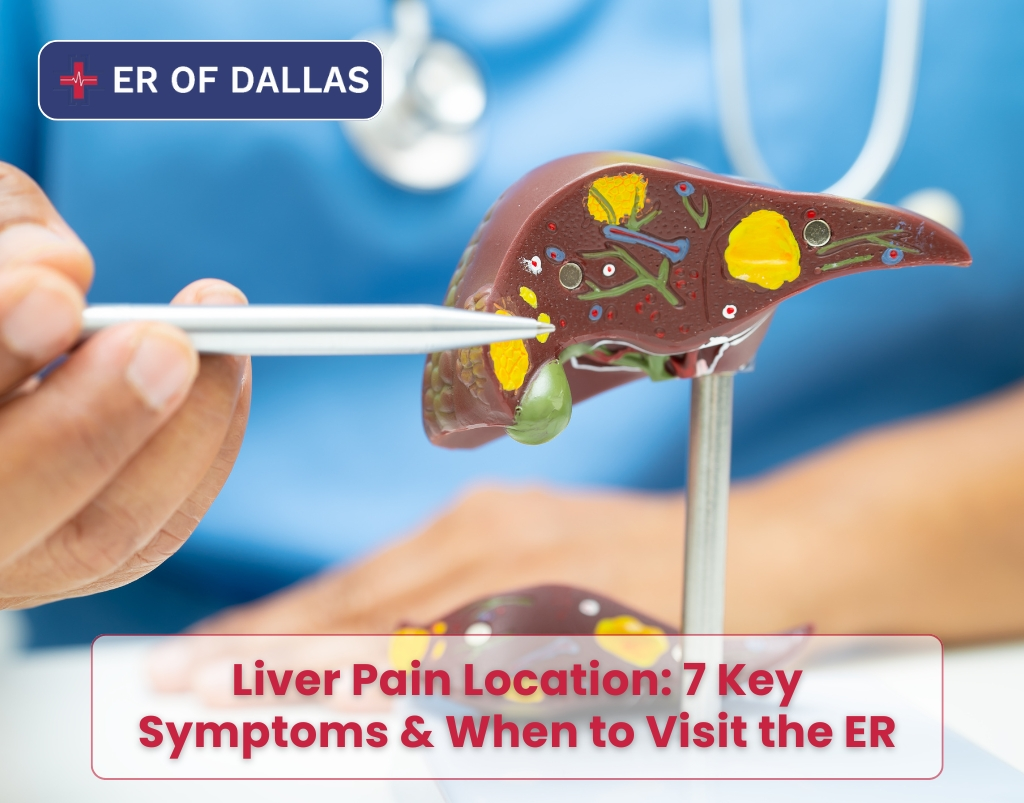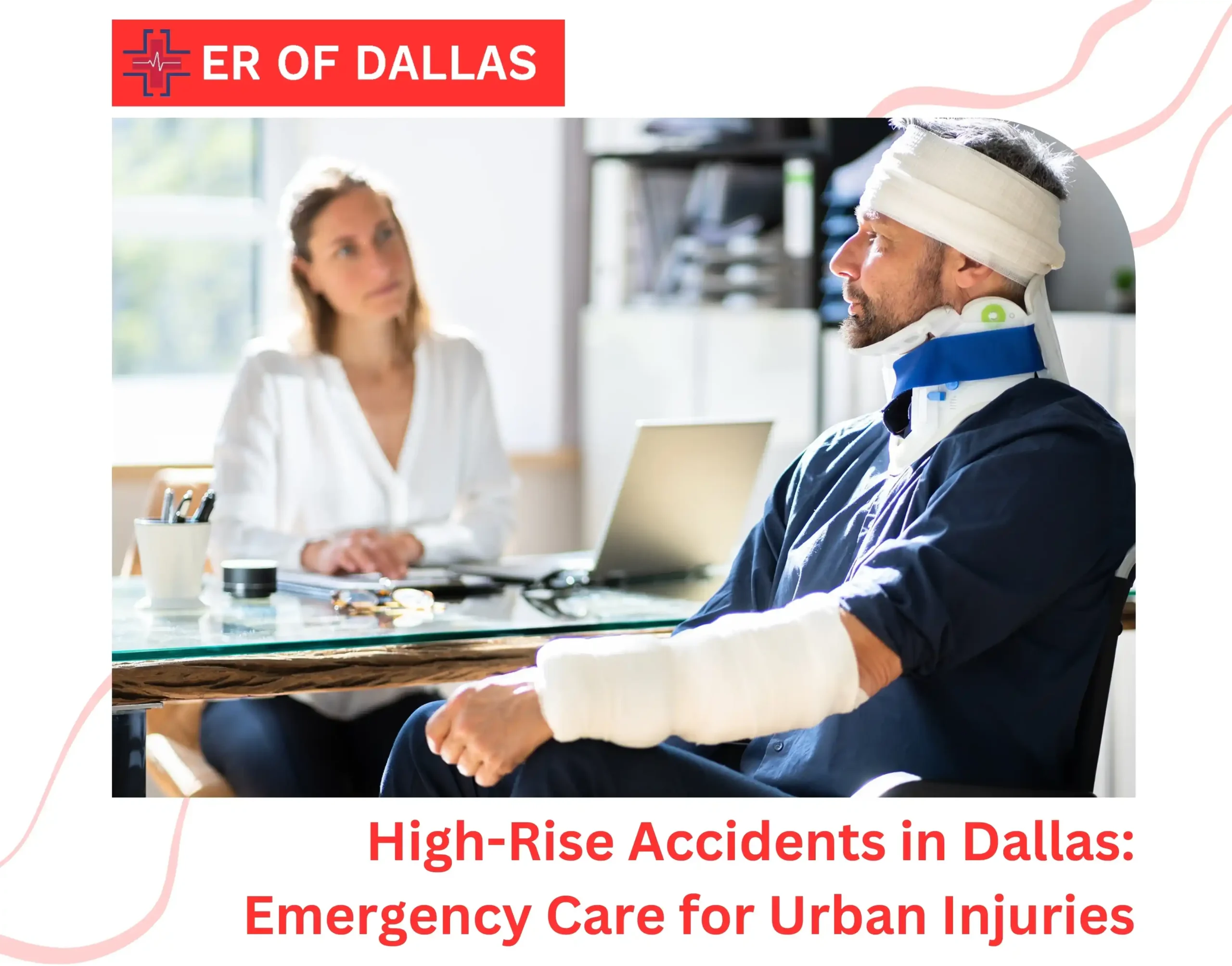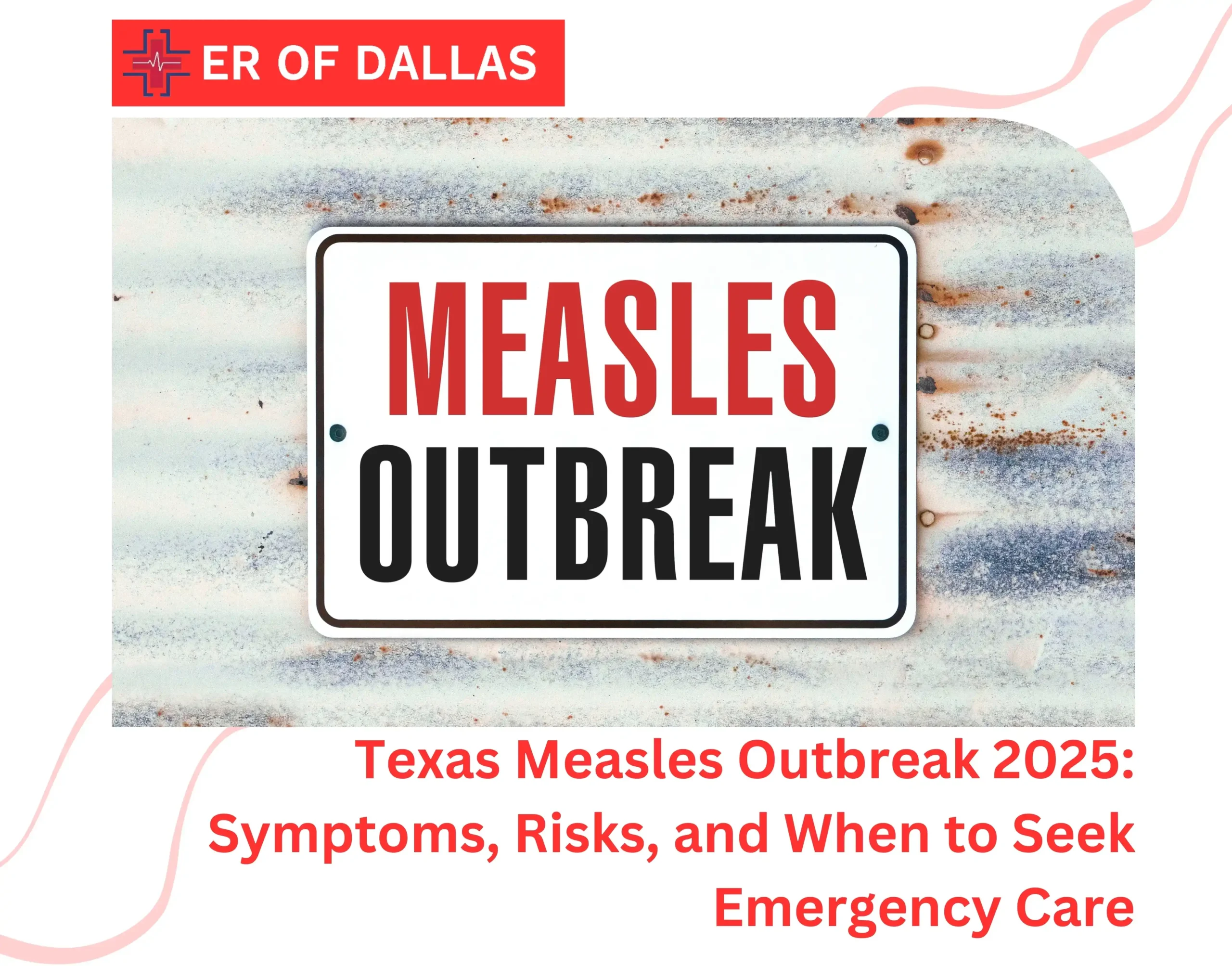In the face of a medical emergency, knowing how to respond swiftly and effectively can be a matter of life and death. This article provides comprehensive guidance on what steps you should take before rushing to the emergency room. While immediate professional medical attention is often necessary, there are actions you can take to ensure the best possible outcome.
Assess the Situation before Going to Emergency Room
Stay Calm and Observe
The first and foremost step is to stay calm. Assess the situation to understand the severity of the medical emergency.
Call 911 or Emergency Services
If the situation is serious, dial 911 or your local emergency number immediately. This is crucial for rapid professional assistance.
Provide Basic First Aid
Attend to the Injured Person
If it’s safe to do so, attend to the injured or ill person. You can provide basic first aid such as CPR or controlling bleeding if you have the necessary skills.
Keep the Person Comfortable
Make the patient as comfortable as possible. Provide blankets, pillows, or anything that can ease their discomfort while waiting for help.
Gather Important Information
Patient’s Medical History
If available, provide the emergency responders with the patient’s medical history, allergies, and any medications they are taking.
Contact Information
Collect important contact information, such as the patient’s family, next of kin, or anyone they would like to be notified in case of an emergency.
Prepare for the Hospital
Pack Essential Items
If time allows, pack a bag with the patient’s essentials, including identification, insurance information, and any personal items they might need at the hospital.
Secure the Home
Before leaving for the emergency room, ensure the home is secure. Lock doors, windows, and ensure pets are cared for.
Document the Situation
Take Notes
Document the events leading up to the emergency. This information can be crucial for healthcare professionals.
Capture Photos
If applicable, take photos of the scene, injuries, or any other relevant details. These visual records can be helpful for doctors.
Conclusion
In a medical emergency, acting promptly and efficiently can make all the difference. Staying calm, providing basic first aid, and gathering important information are vital steps. Preparing for the hospital and documenting the situation can also aid medical emergency professionals in delivering the best care.
Frequently Asked Questions (FAQs)
FAQ 1: What if I don’t have medical emergency training?
You can still call 911 and provide emotional support until professional help arrives.
FAQ 2: Should I move an injured person?
Only move an injured person if there is an immediate threat, such as a fire. Otherwise, wait for professional assistance.
FAQ 3: What if the person is unconscious?
Check for breathing and start CPR if necessary. Call 911 immediately.
FAQ 4: Why is it essential to document the situation?
Documentation can help medical emergency professionals understand the nature and cause of the emergency, aiding in more accurate treatment.
FAQ 5: Can I drive the patient to the hospital myself?
It’s generally safer to let professionals handle transportation, as they have the necessary equipment and expertise.











